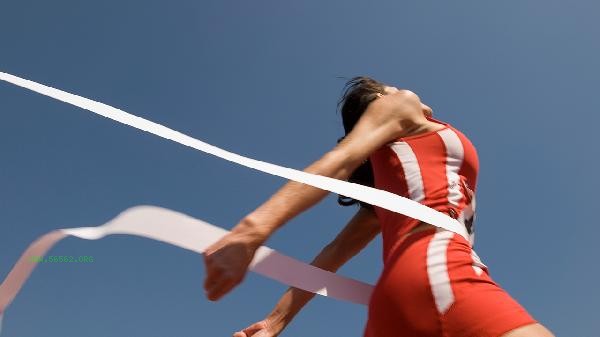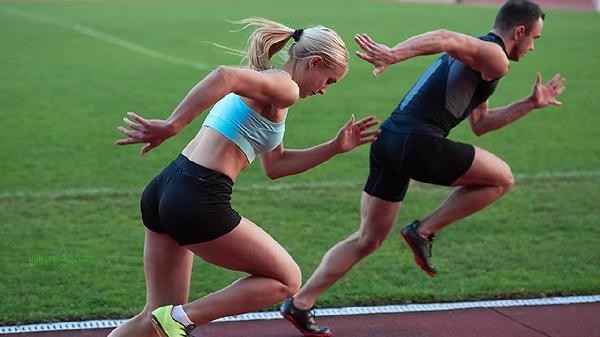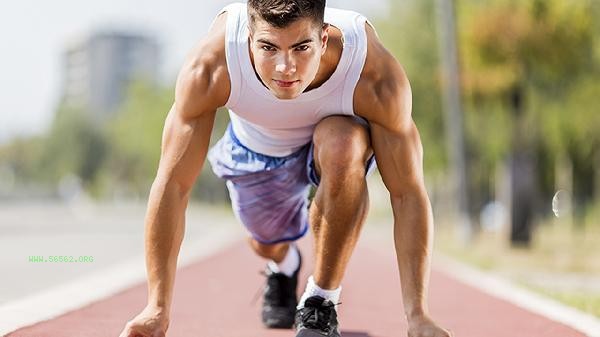It is recommended to replenish water, electrolytes, carbohydrates, and protein after running 10 kilometers. Mainly includes water, electrolyte beverages, bananas, energy gel, whey protein, etc.

1. Moisture
During running, excessive sweating can cause fluid loss. It is necessary to replenish 500-800 milliliters of water in a timely manner after every 10 kilometers of running. It is recommended to drink small amounts multiple times to avoid excessive drinking at once, which can increase the burden on the heart. You can choose room temperature mineral water or cool boiled water, and the best hydration effect is within 2 hours after exercise.
2. Electrolyte Beverages
Long term running can cause the loss of electrolytes such as sodium and potassium through sweat, and sports drinks containing electrolytes can be consumed. This type of beverage can help maintain fluid balance and prevent muscle spasms. Pay attention to choosing low sugar products to avoid excessive intake of added sugars that can affect metabolism.
3. Bananas
Bananas are rich in easily absorbable carbohydrates and potassium, which can quickly replenish glycogen reserves consumed during exercise. It is recommended to consume 1-2 medium-sized bananas within 30 minutes after running, paired with a small amount of nuts to slow down blood sugar fluctuations. People with gastrointestinal sensitivity can make bananas into milkshakes to drink.

4. Energy Gel
Professional energy gel contains quick acting carbohydrates such as maltodextrin, suitable for immediate supplementation during or after running. Choosing products containing small amounts of caffeine can alleviate fatigue, but people with hypertension should avoid them. When using, it should be combined with drinking water to promote absorption.
5. Whey Protein
Whey protein powder can provide high-quality protein to promote muscle repair. It is recommended to brew 20-30 grams within 1 hour after running. Lactose intolerant individuals can choose to isolate whey protein and consume it in combination with carbohydrates to increase absorption rate. Pay attention to controlling the total daily protein intake to no more than 1.6 grams per kilogram of body weight.

Supplementing nutrition after running should pay attention to individual differences, and first-time long-distance runners should gradually increase their running volume. In addition to immediate supplementation, daily diet should ensure sufficient intake of staple foods, lean meat, and fresh vegetables and fruits. Within 2 hours after exercise is the golden period for nutritional supplementation, which can be combined with low-intensity stretching to promote recovery. If there is persistent fatigue or muscle soreness, it is recommended to consult a professional sports nutritionist to adjust the supply plan.







Comments (0)
Leave a Comment
No comments yet
Be the first to share your thoughts!